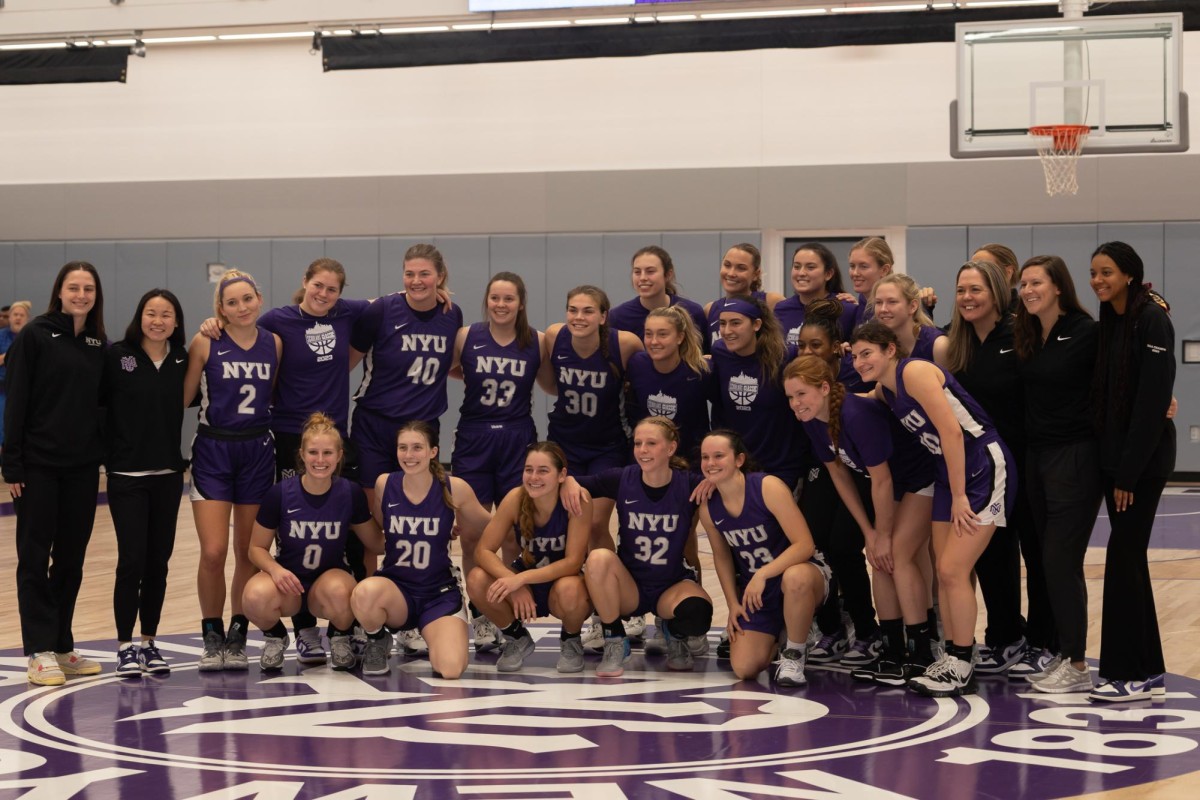Writing Never Gets Easier — That’s the Point
September 12, 2018
You’re sitting in Bobst in between classes, being the responsible student that you are and actually using your only break of the day to start that essay due at 8 a.m. tomorrow. But almost immediately, you find that your brain decides to fry itself and forget the entire English lexicon. You end up staring at your computer screen in misery for two hours before finally deciding to take a sick day tomorrow that is entirely related to the fact that you cannot come up with a single coherent sentence.
We’ve all been in a similar situation. No matter your major or school, writing is a key component to many of our classes. Writing the Essay, for example, is a class that almost all first-years at NYU are required to take. Even though the course provides the groundwork for future core classes, many find it the bane of their existence for its tedious nature. The class challenges your ability to write, resulting in many frustrated evenings. And the lesson seems to be that improving your writing will never get any easier — something you’ll be reminded of with each essay you’re assigned.
College writing can easily make you feel disillusioned. You passed all of your writing requirements your first year here, so that automatically means you should be able to take writing head on from now on, right? Nope. And worse, you’ll find yourself struggling to write about topics that you do not find particularly interesting. The truth of the matter is that writing is always going to be hard. Sure, there are definitely ways to make it less stressful, but writers that range from novelists to freelancers can tell you just how never-ending and exhausting writing can be.
The best way to improve your writing is by trying and trying again — and by trying, I mean failing, getting back up and then falling again. Fear of failure often leads us to not wanting to try at all, which is understandable. Impostor syndrome, a phenomenon defined by chronic self-doubt and illusory feelings of being a “fraud,” doesn’t help with this lack of confidence either — especially when one study concluded that it’s particularly common among minority students.
Having a hard time with writing often comes from our inability to find confidence in the ideas we’re trying to convey. There is a lot of uncertainty that comes with writing and second-guessing your work is far too easy to do. Should I put that word there? Is it too pretentious? Does a lack of big vocabulary words make me sound stupid? Is this even the right word to use?
The truth is, there is no concrete right answer. No matter what word or syntax you decide to use, your professor can most likely think of a different way to write the same ideas. And that’s OK. We’re not here as professionals in our fields; we’re here to learn and to keep learning. You are at NYU to improve yourself, so don’t let any eight-page essay sideswipe you off the path to authorial excellence.
So the next time you find yourself struggling to write, think about what exactly you want to say. Sit down, breathe and let all your opinions and thoughts flow out. Be less concerned about the quality or style of your writing and more concerned about your content. By the time you finish your first few years at NYU, you are going to see a change for the better in all your work, even though writing will continue to be hard as ever. But you’ll also definitely feel satisfied in knowing you have developed as a writer and as a communicator — which would indicate that, yes, there is always room to improve.
Opinions expressed on the editorial pages are not necessarily those of WSN, and our publication of opinions is not an endorsement of them.
Email Melanie Pineda at [email protected]













































































































































